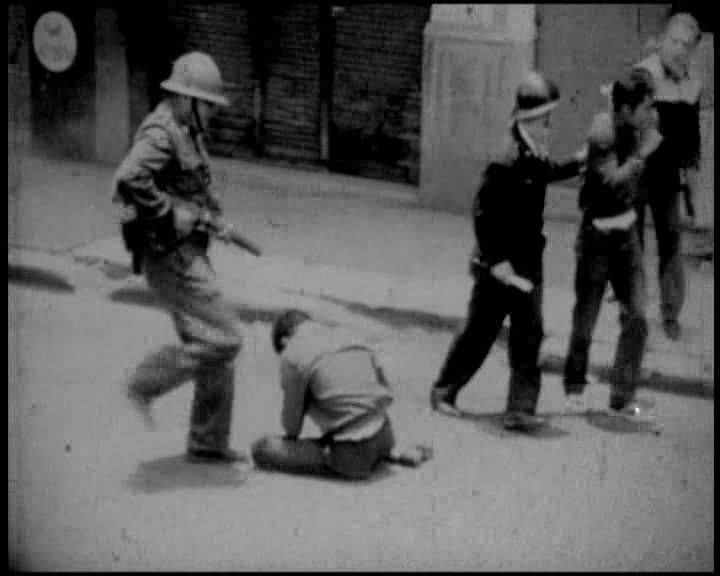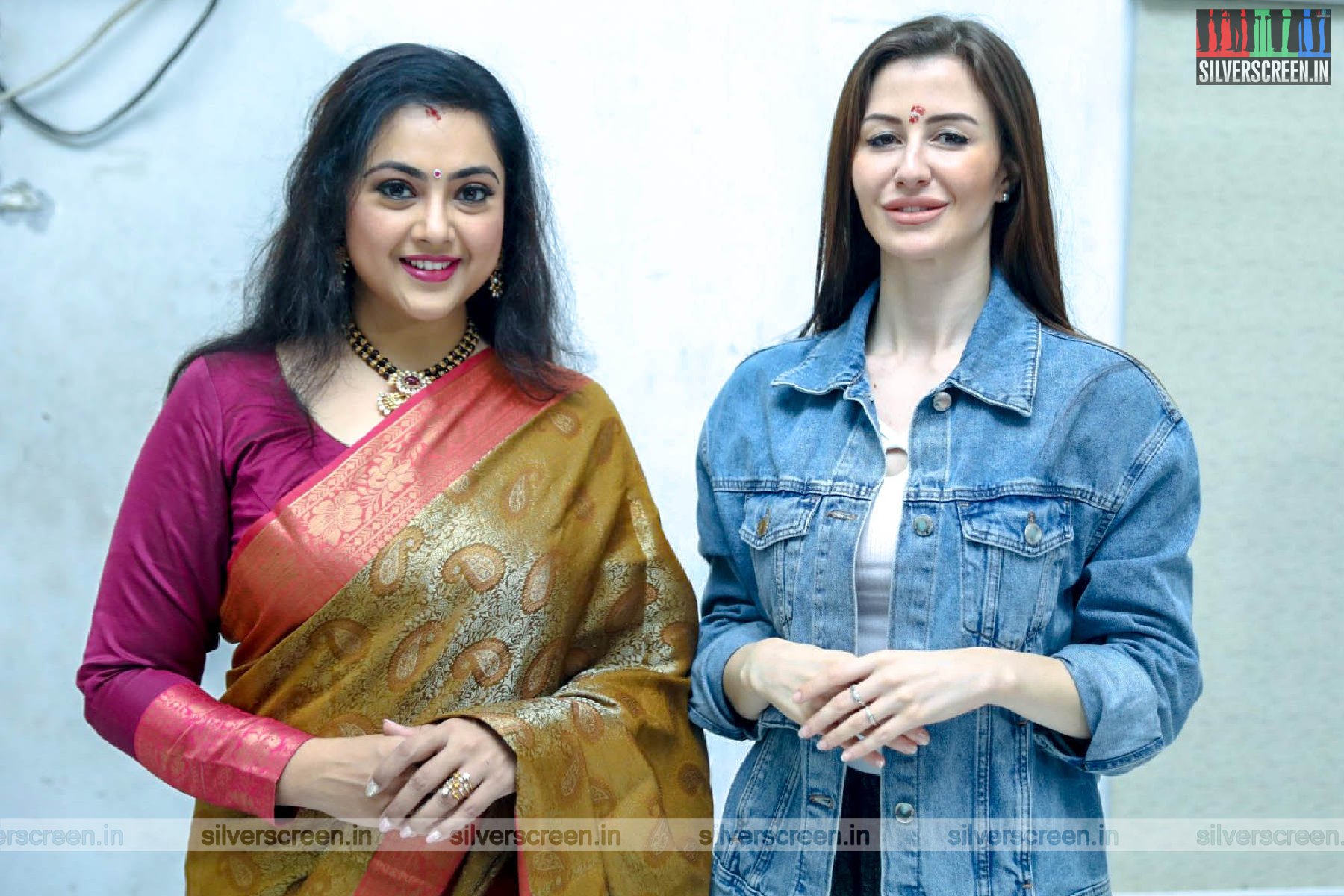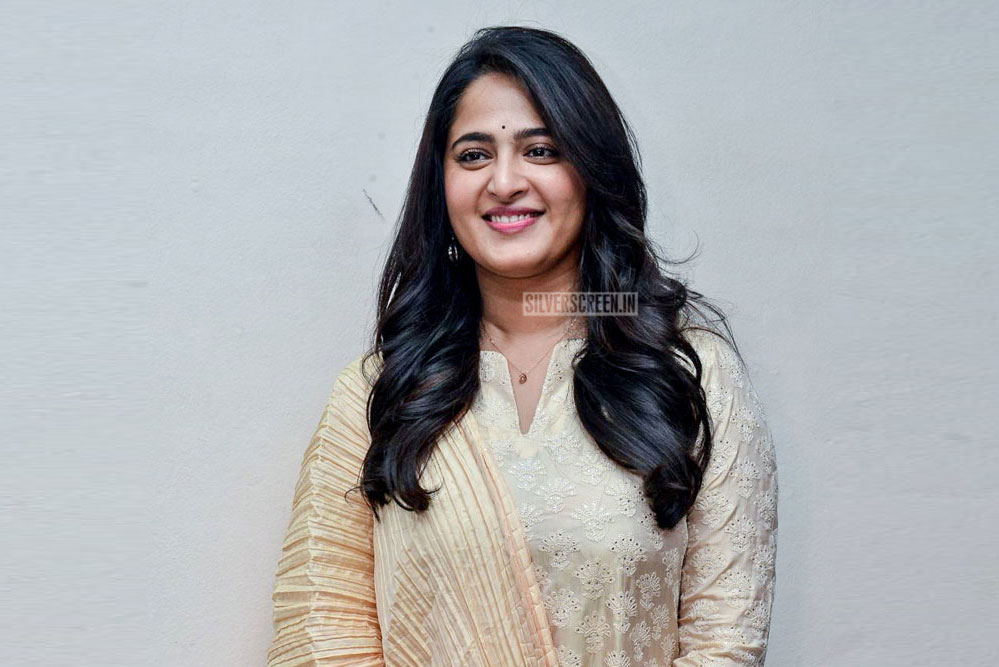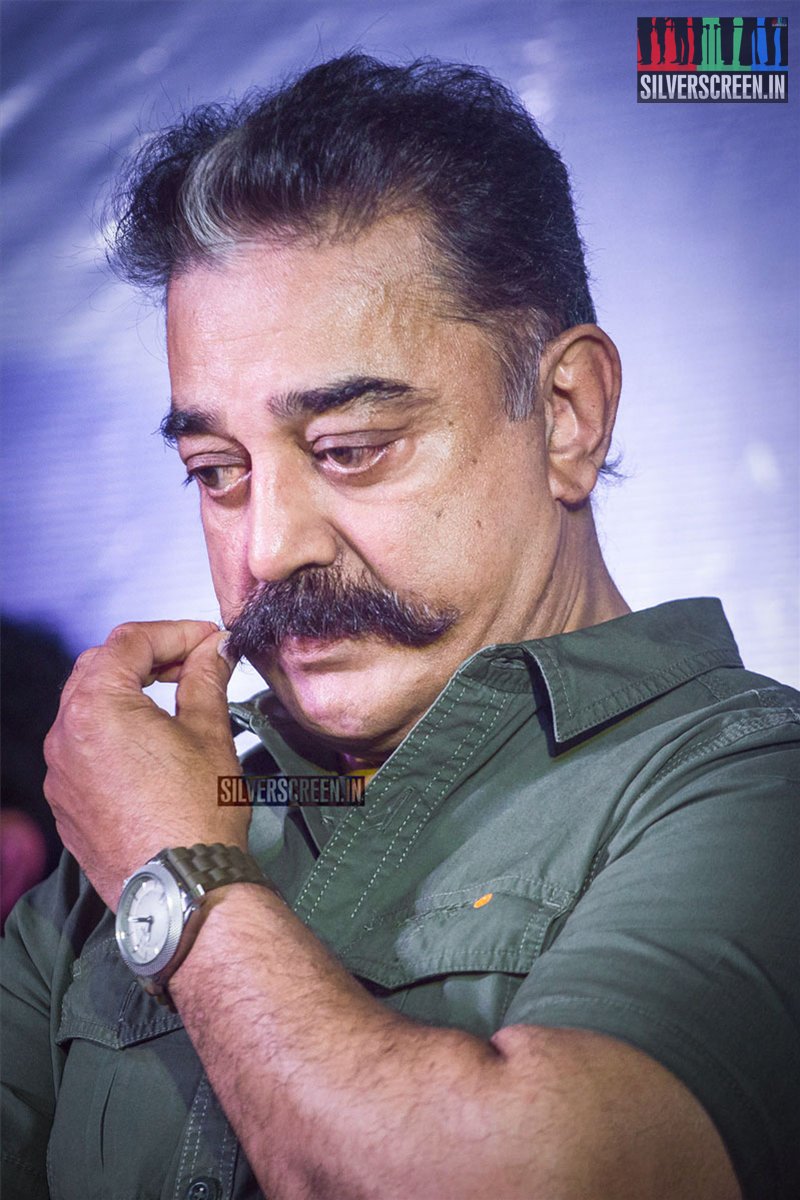Argentina is a place set on fire in The Hour Of The Furnaces, directed by Fernando Solanas and Octavio Getino, the founders of the Latin American film movement, Third Cinema, which turned cinema into a powerful political tool.
The film, made in 1968, is the first of a three-part political documentary. It has a distinct cinematic language which uses voice-over, cards, quotes and lengthy captions to bind an array of images (including found footage) that capture the working class exploitation, violence, corruption of power, and labour movement in a country under the grip of neo-colonialism. It was made secretly, hidden from the eyes of the military dictatorship, and later screened in private spaces.
The Hour Of The Furnaces is one of the five films being screened at the 24th International Film Festival Of Kerala (IFFK) in a special section dedicated to the Third Cinema. Fernando Solanas, the filmmaker and politician designated to deliver this year’s Aravindan Memorial Lecture, attended the screening of The Hour Of The Furnaces on Tuesday evening at Nila theatre.
This is Solanas’ second major visit to an Indian film festival. He was the chief guest at Kolkata International Film Festival in 2007, when the state was fuming over the Nandigram massacre by the Buddhadeb Bhattacharya government. According to a report by filmmaker Joshy Joseph in The Statesman, the filmmaker, when he got to know about the civil unrest outside the Nandan complex, the chief venue of the film festival, through a journalist who met him on the pretext of presenting to him a book on Argentinian cinema, he lashed out at the government’s anti-people stand.
Post the screening at Nila on Tuesday, he spoke at length about how he, Octavio and a team of three comrades from the Grupo Cine Liberación (The Liberation Film Group) made films that changed the course of political cinema in Latin America.
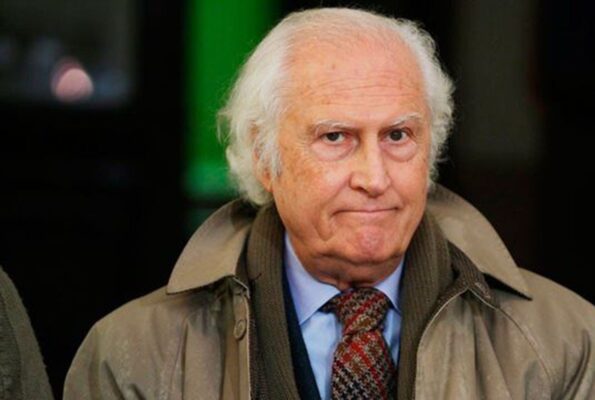
solanas
“A political film has to be judged in connection to the time and period it was made. When you take it to another period or another country, you might find mismatches,” said the 83-year-old filmmaker, introducing Third Cinema films to the audience.
“Those were the years of armed fights of Latin America. What happened in Argentina post dictatorship was another kind of dictatorship. But we have to recognise that democracy in all other Latin American countries was a result of what happened in Argentina (in the 60s), he added.
Solanas funded his films from the money and skill he accumulated from working for many years in commercial film industry. When Bina Paul, the artistic director of IFFK, asked him on his distinct cinematic language, Solanas said, “I never went to any school of cinema. Not because I didn’t want to, but because there weren’t any in Argentina. However, I watched a lot of films at the cinemas. Buenos Aires loves cinema. Sometimes you have to get out of the usual language to express better. When you don’t have a reference model, most probably the film you produce will be different from cinema produced in those times.”
The Hour Of The Furnaces is broken down into a number of chapters, “I did that because I was, essentially, making a political and sociological essay,” said the filmmaker. “I have quoted other writers and thinkers. I have made references to films by other directors whom I really admire. like Fernando Biri, a great master, Joris Ivens, the Dutch filmmaker who covered revolution in detail, and Brazilian filmmaker Glauber Rocha.” The film ends with a three-minute long close-up shot of a murdered Ernesto Che Guevara’s face. “The still image comes after 86 minutes of violent chaotic images. It’s powerful and calm..”
Underground Screenings
Recommended
Solanas and his colleagues executed the production and distribution of the film using the experience they garnered from organising clandestine screenings of films from Cuba in Argentina. “It was practically impossible to screen films in public back then. Police could barge in anytime and detain everyone. So we screened it in family homes, to small set of audiences. Twenty to forty people attended these screenings. The success of these shows convinced us that there was an audience for such films.”
They screened the films in 16 mm. “Any roll of film could support only 40-48 minutes. We had to change the roll after that. During these intervals, the audience would start to smoke and talk about the politics of what they had just seen. What we learned from these experience is that films were more powerful a medium than what we had imagined. They are capable of initiating greater conversations in a society.. Gradually, we started moderating these casual discussions, and turned them into an intrinsic part of the screening sessions.”
Fernando Solanas will deliver Aravindan Memorial Lecture on 11th December 2019 at Nila Theatre at 5 pm.
***
